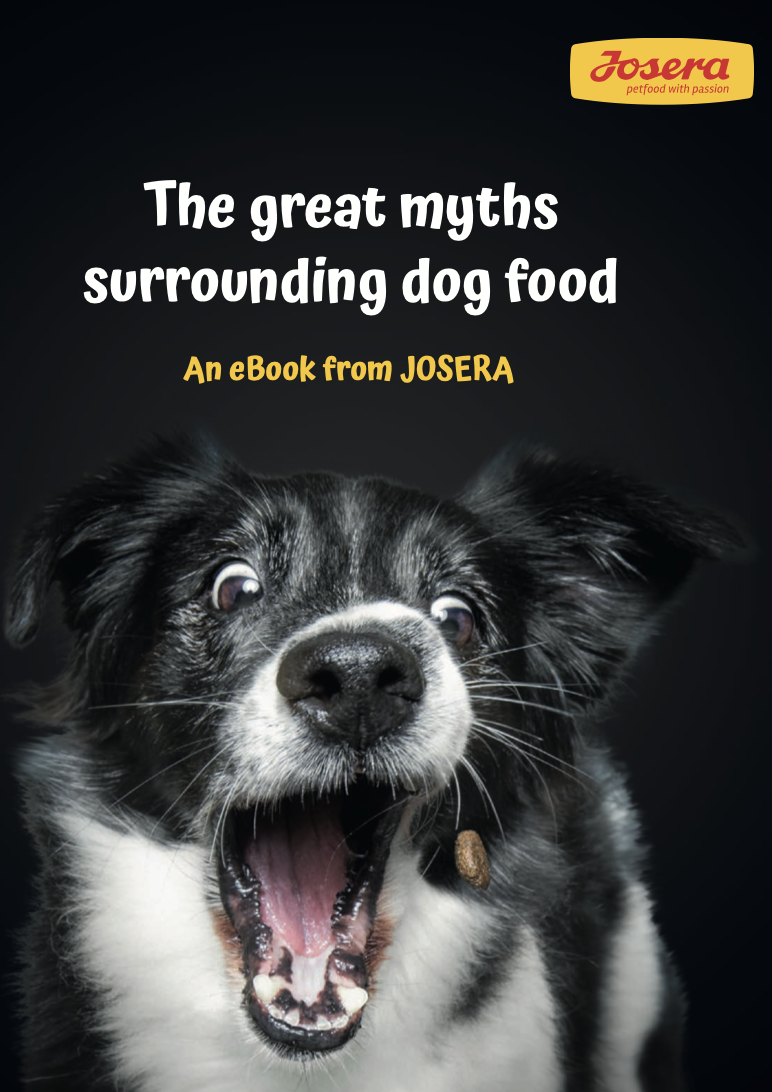
Cart
Something missing? Sign in to see items you may have added from another computer or device.
Accessories
Bird Food & Treats
Bird supplement
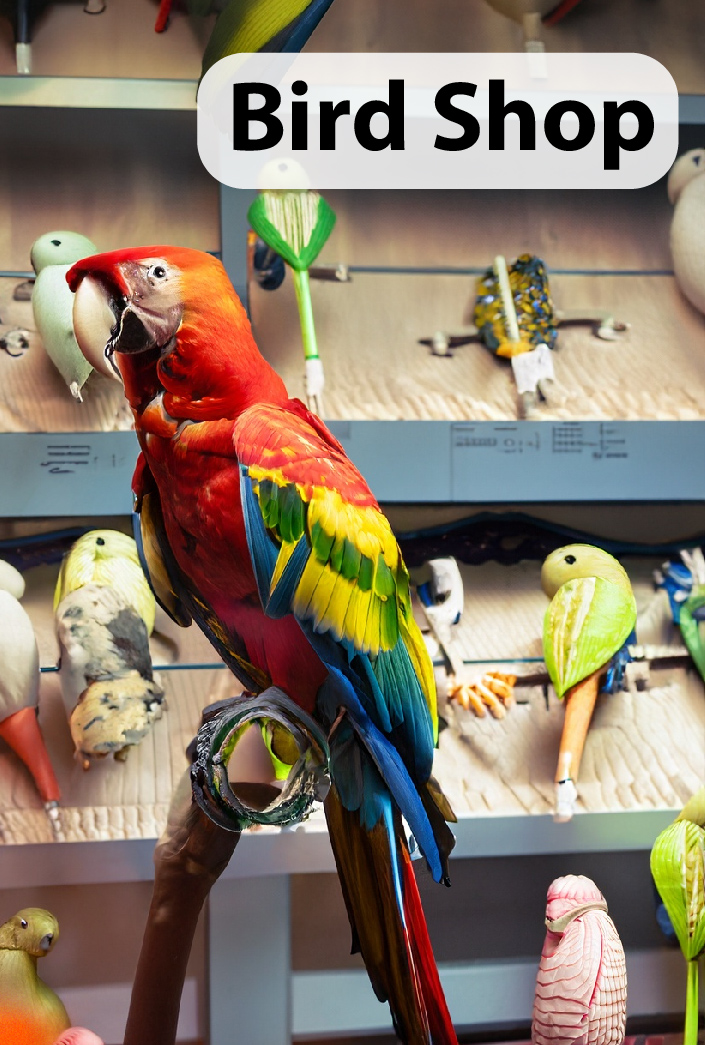
Cat Carriers
Cat Hygiene
Cat Crates and Supplies
Cat Food
Cat Grooming Equipment
Cat Harness
Cat Leads and Collars
Cat Scratchers
Cat Shampoo
Cat Toilets & Cleaning
Cat Training
Cat Treats
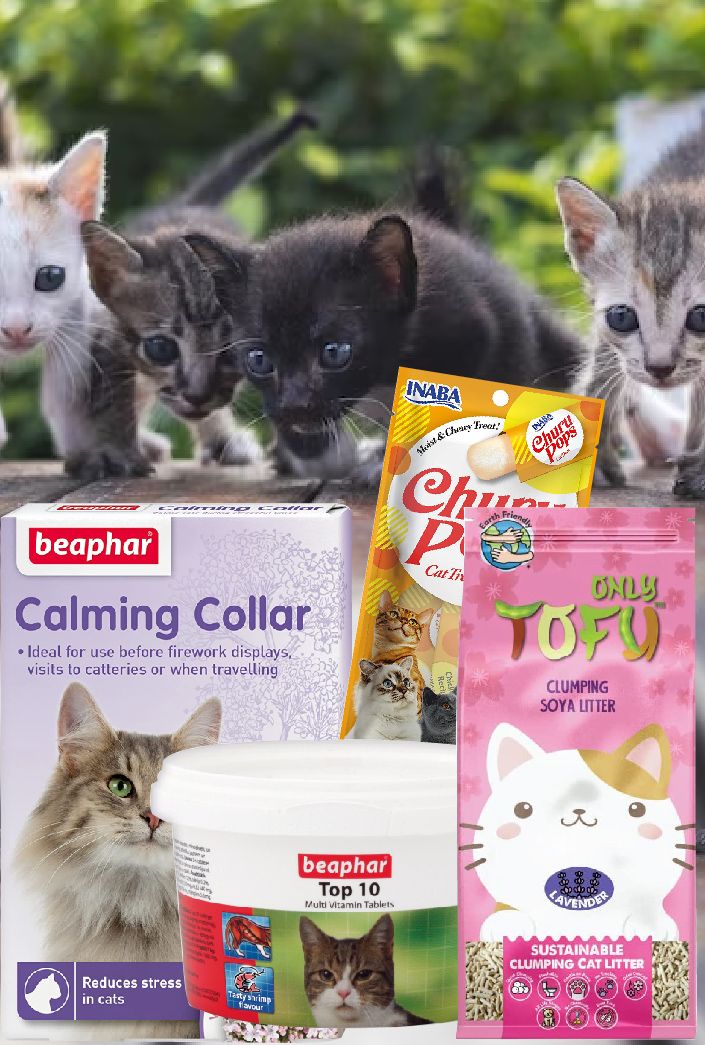
Dog Beds
Dog Carriers
Dog Cleaning
Dog Crates and Gates
Dog Food
Dog Grooming
Dog Grooming Equipment
Dog Harness
Dog Leads and Collars
Dog Shampoo
Dog Training
Grooming
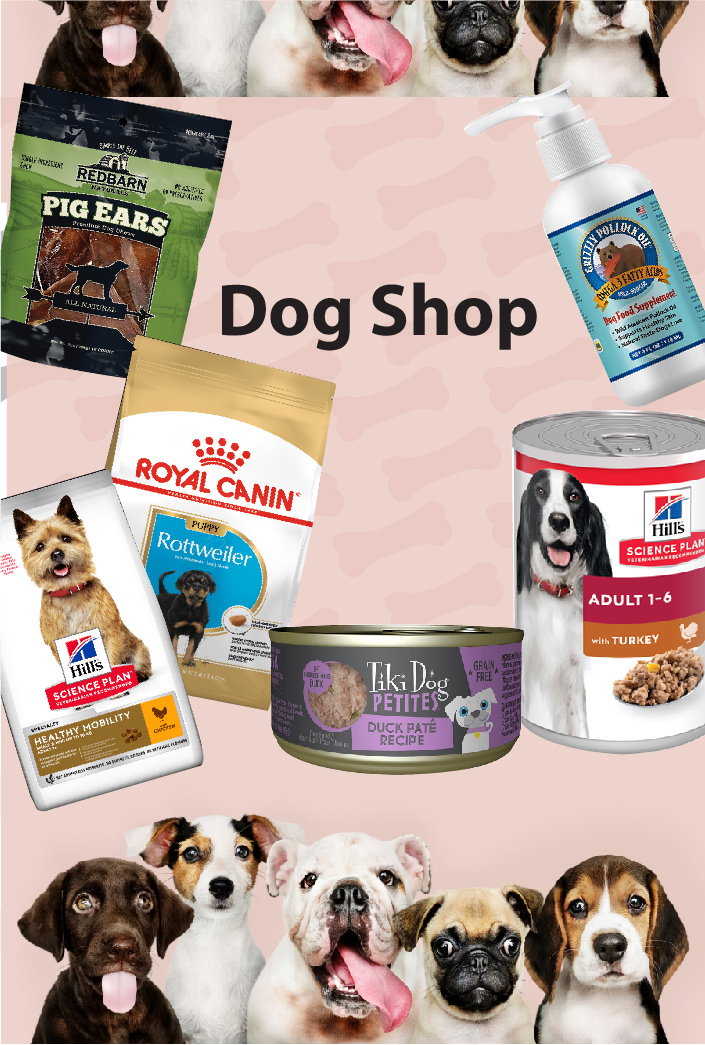
Automated Controller/Monitor
Fish Accessorie
Fish Food
Live Fishes
Live Corals
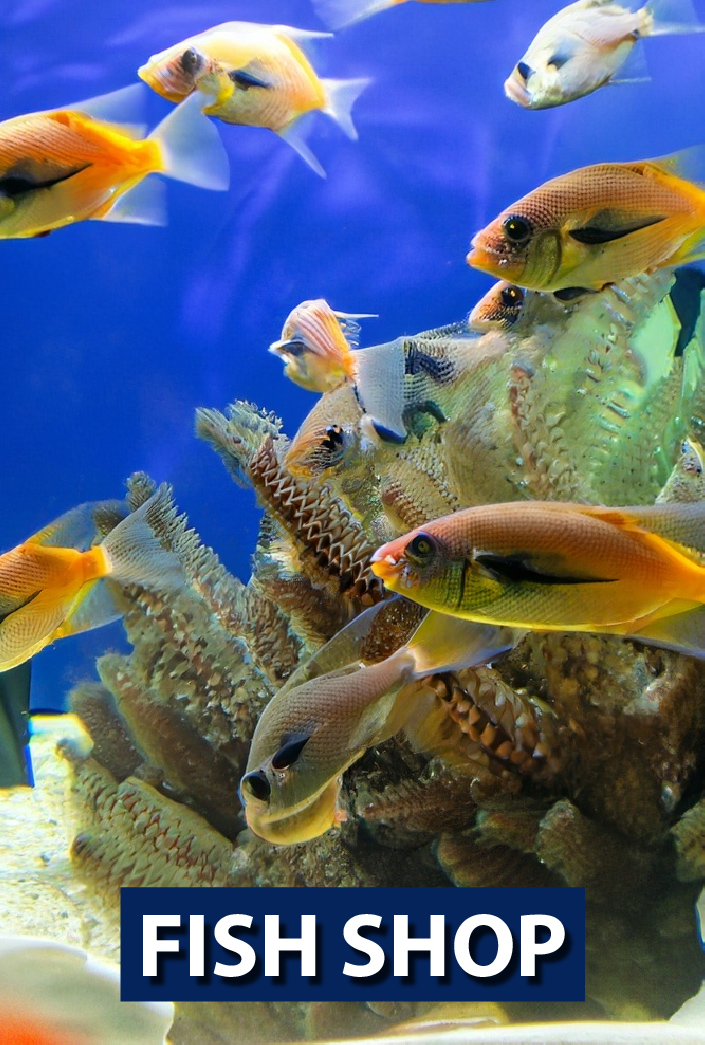
Reptile Health
Food
Accessories
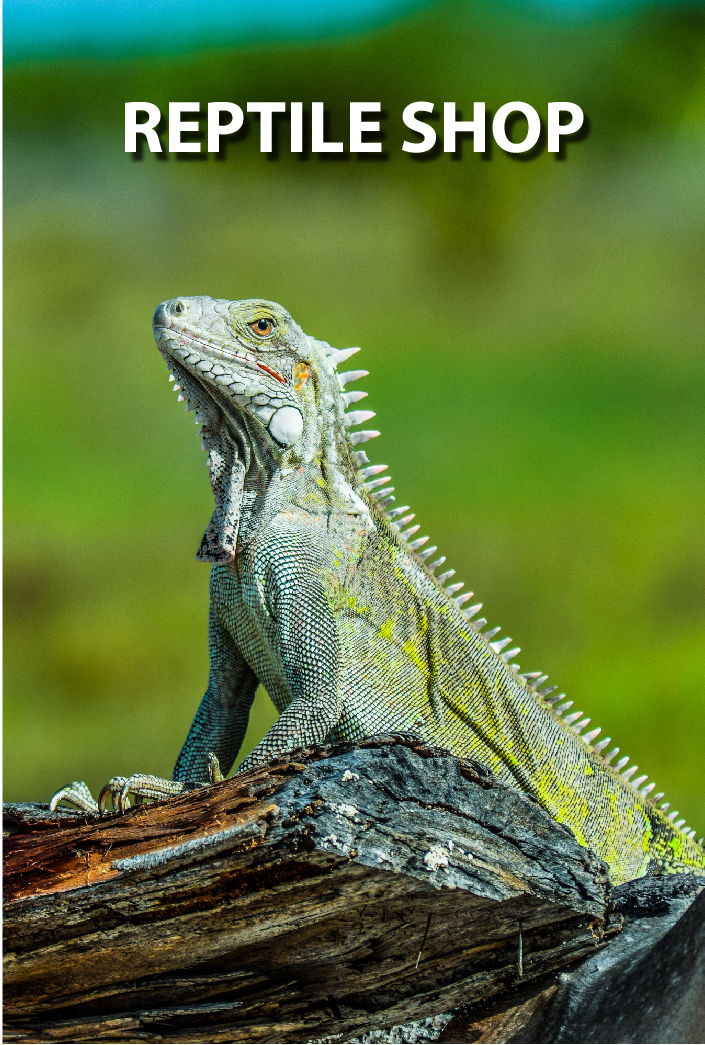
Carriers
S Live Animals
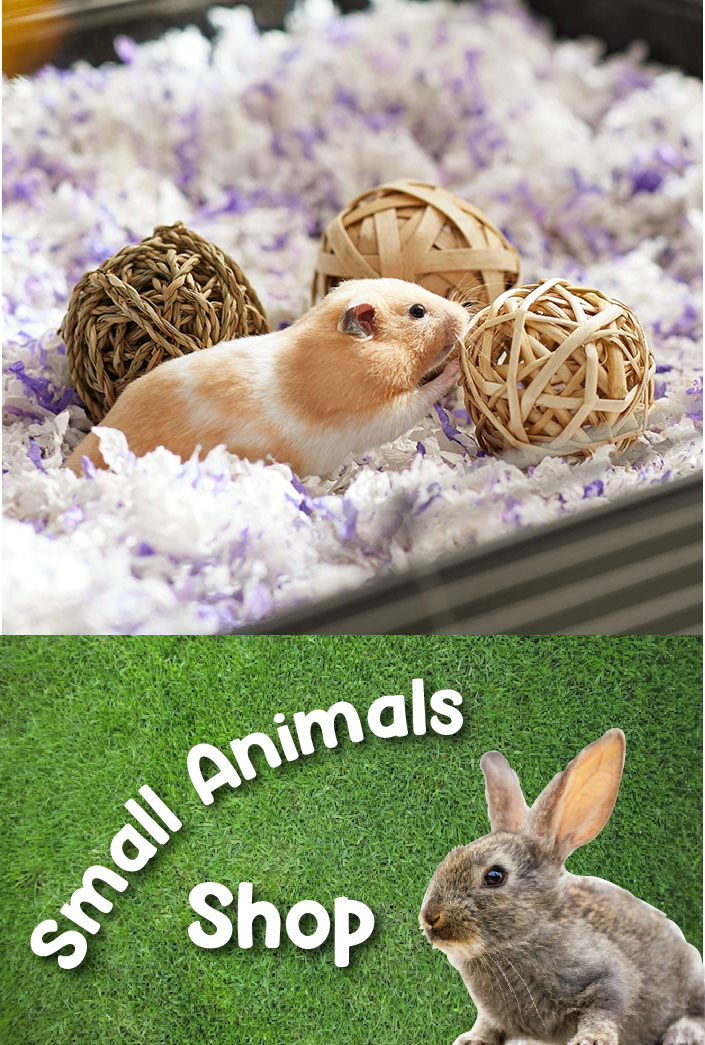
Accessories
Fur Care
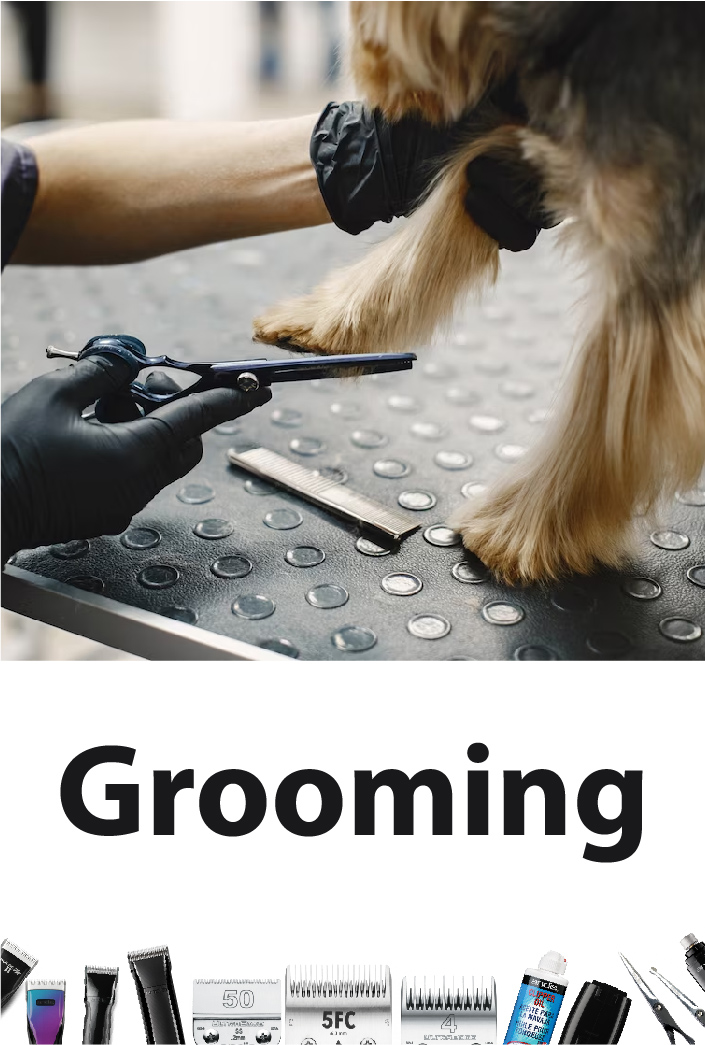
Cat Prescription Food
Dog Prescription Food
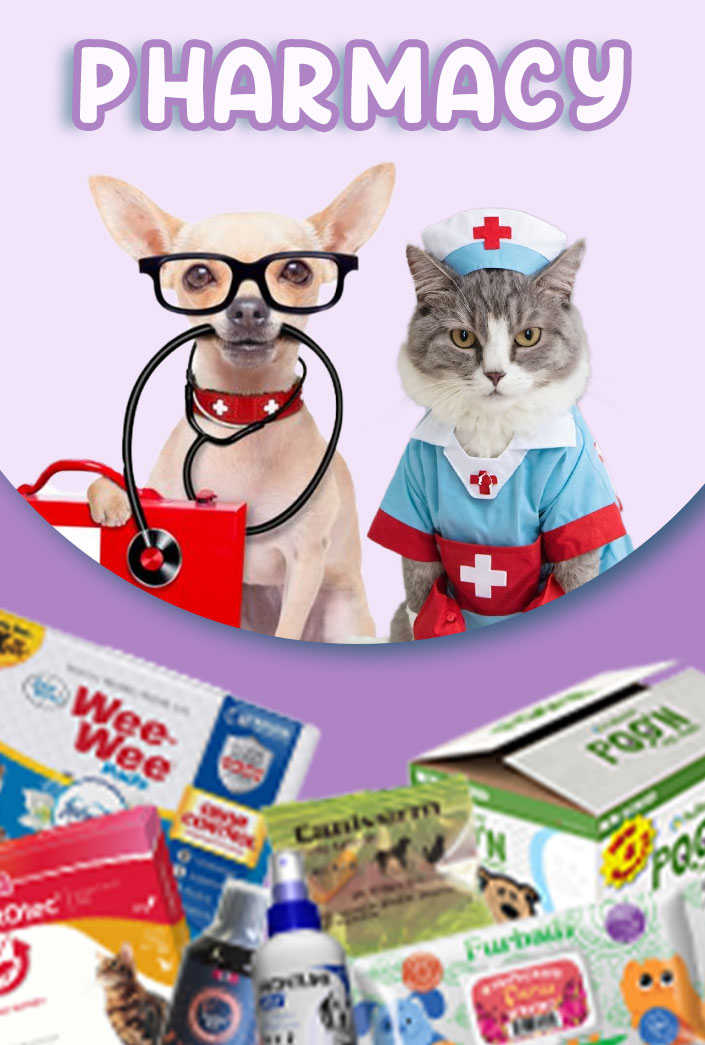

Cart
Something missing? Sign in to see items you may have added from another computer or device.

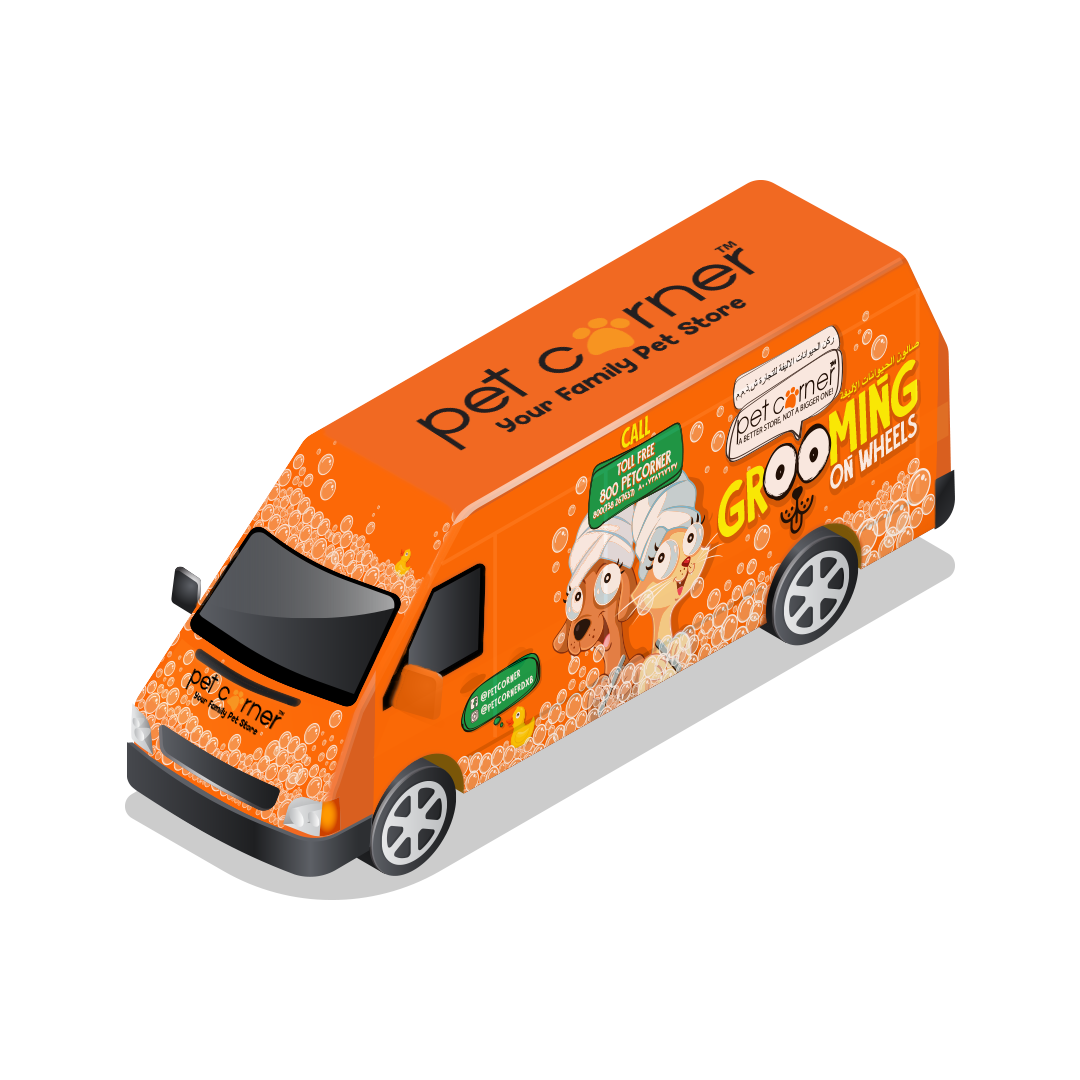 Next Day Delivery
Next Day Delivery
%20(1).png) 60 Min Delivery
60 Min Delivery







